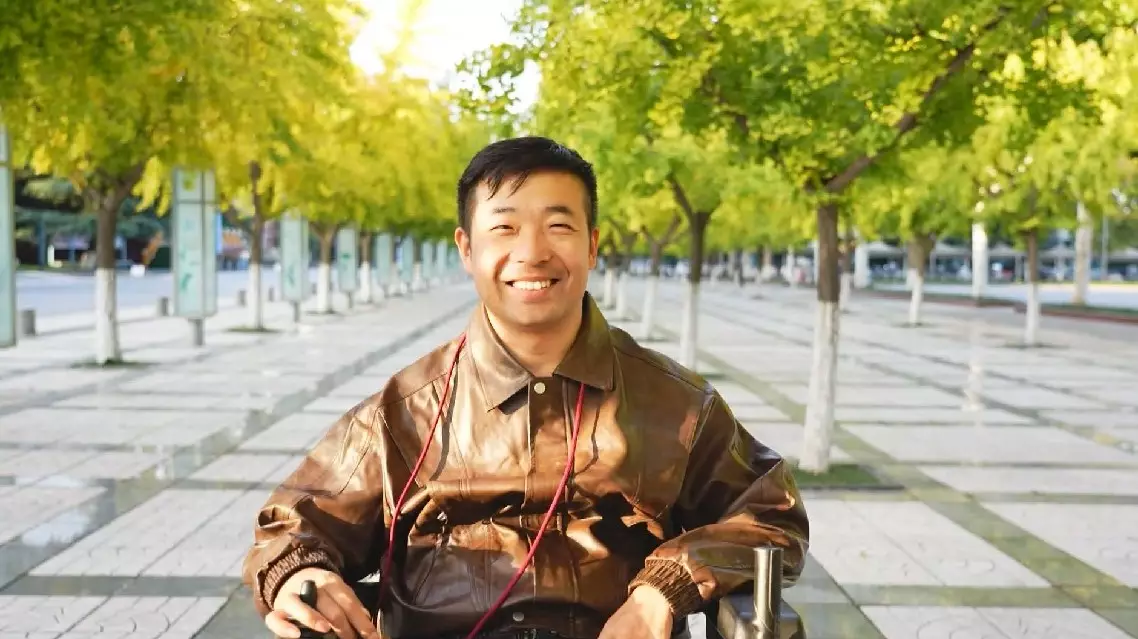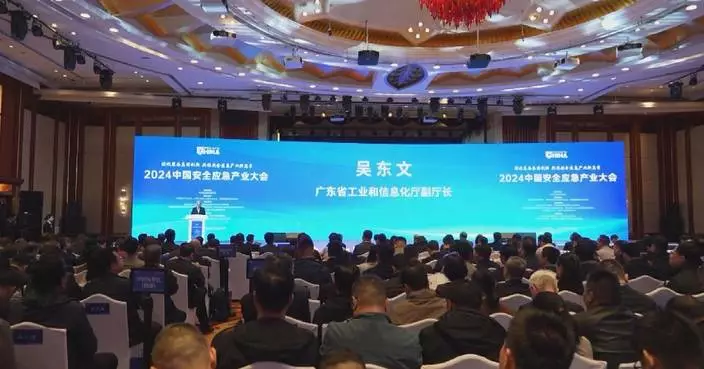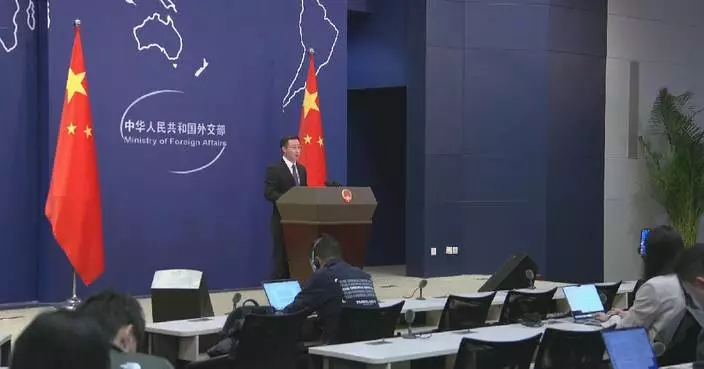Tian Ye, 37, confined to a wheelchair ever since he was 17 years old, has designed an inclusive map outlining accessible routes in Xi'an, his beloved hometown, with his own steps to help more people with disabilities to know about the city, a historic one with rich tourism resources in northwest China.
In 2004, a sudden car accident left him paralyzed from the waist down, confining him to a wheelchair for the rest of his life.
Instead of falling into despair, Tian encouraged more individuals with disabilities to embrace their lives.
In 2019, Tian and several wheelchair-bound friends drew an accessible map of the main urban area of Xi'an, helping people with disabilities travel more smoothly.
Now, he visits major tourism attractions in Xi'an at a regular basis, filming videos showcasing the accessible tourism experiences. He hopes more individuals with disabilities can know the accessibility facilities in Xi'an and feel confident about traveling here.
"A lot of friends from online have been asking me, saying, 'Tian, I am a visitor with disabilities from another city. I wish to travel to Xi'an, but I am uncertain about the wheelchair accessibility, and I don't know where to go either.' So, I explore and experience it myself in a wheelchair, then film videos to show everyone that people in wheelchairs, those with injuries, and others facing challenges can also come to Xi'an. They can experience the Han and Tang cultures, the grandeur of the Tang Dynasty, and also appreciate the accessibility of Xi'an," said Tian.
Back in 2019, Tian, along with several wheelchair-bound friends, spent three months exploring the entire 597 square kilometers of Xi'an's main urban area, conducting on-site inspections to evaluate the accessibility within the designated areas and drawing an accessible map.
"We took more than 5,000 photos and raised more than 1,300 questions. This electronic map is color-coded with yellow, red, and blue sections, each indicating different types of problems with corresponding labels and explanations. We submitted this accessible map to the relevant authorities, which have improved many accessibility facilities in Xi'an," said Tian.
Born and raised in Xi'an, Tian's life and his family's destiny took a significant turn following the tragic car accident when he was 17 years old.
"I was truly perplexed by the incident at that time. It took years for me to step out and engage with others. Every time people asked about my son or other things, I couldn't handle it and just wanted to cry, so I avoided meeting people during that period of time," said Tian's mother Yang Hongying.
Over the following years, Tian got used to the life in a wheelchair with his parents' unwavering care and his friends' encouragement.
He even opened a restaurant in 2014. His business was thrived from an eight-stove stall to a 300-square-meter restaurant.
He closed his restaurant in July this year due to operational issues, and continued to devoted himself to the advancement of accessibility facilities.
Tian often shares his personal story when visiting schools. He wants to promote the concept of accessibility while encouraging the young people to be optimistic and resilient.
"He is so self-reliant, dedicated and compassionate. We should learn from him and contribute our efforts to the harmony and kindness within society," said Zou Yu, a student from Xijing University in Xi'an.
"The path to physical accessibility is a temporary challenge. The true challenge is within our hearts. It is when you achieve inner accessibility that you can experience the true happiness and joy of life. Having weathered my own storms, I strive, in my own way, to offer more umbrellas to those in need," said Tian.

Wheelchair-bound man draws accessible map with own steps









